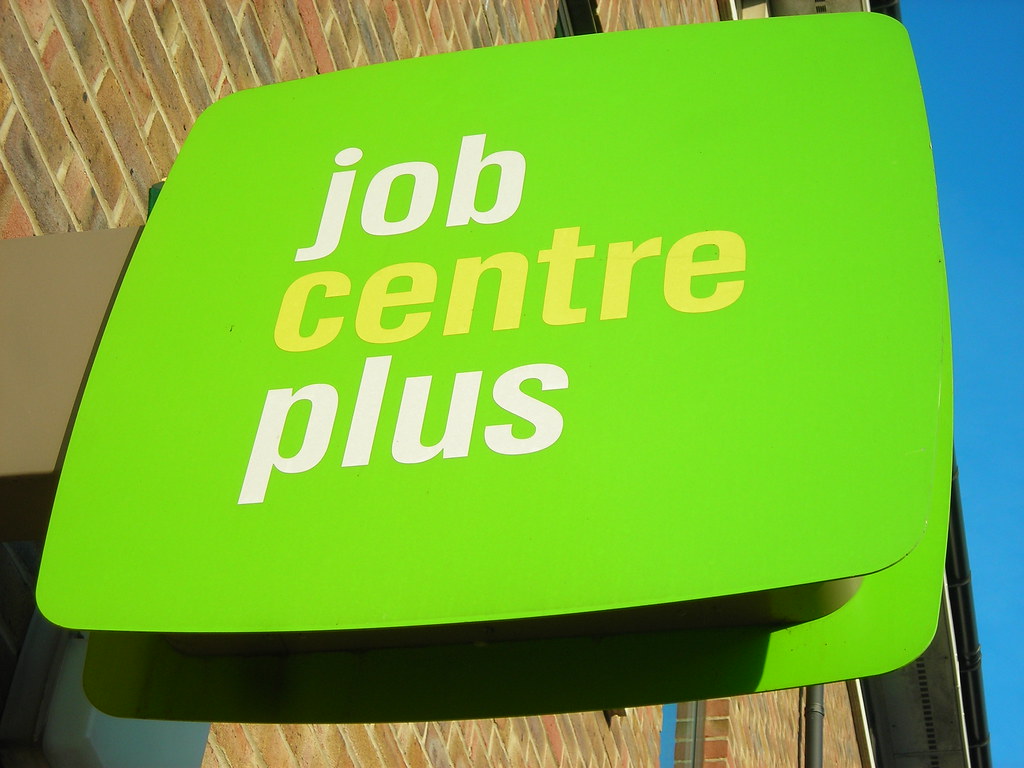So the much anticipated truth is out, the chancellor has failed to cut the deficit. He didn’t forget the deficit, he just didn’t do it. This is not surprising since it was largely unattainable in any case. What is perhaps more surprising is the government’s continued belief that it can be cut by pursuing the same strategy it has over the last four years.
Research has shown that the impact of welfare cuts have been felt disproportionately in the UK’s poorest communities, and this to me represents a deliberate targeting of some of the poorest people. Whilst the state pension, which accounts for some 47% of all UK benefit spending, is protected by the so called ‘triple lock’, the chancellor yet again identifies working age benefits as being the biggest target of the further cuts that are required.
People should work, he claims, and not depend on state handouts. The simple, and, for the government, inconvenient truth, is that people are working. By their own figures the unemployment rate has come down dramatically. The largest proportion of working age benefits being claimed in the UK are being claimed by people who are actually in work. This is because the jobs that have been created are often precarious/low paid and increasingly zero hours contract.
Even with falling unemployment the precarious nature of the jobs created means there is a growing need for in work benefit support. So the great economic success the chancellor announced in his autumn statement is one where unemployment is indeed falling, but the jobs being created are so low paid or of so limited hours that there is a growing need for in work benefit support.
Further cuts and a public sector the size of that in 1930 will impact
significantly on the power of UK cities to develop their own economies
This is also, of course, the reason why the government has failed to cut the deficit as they said they would – people aren’t earning enough to pay the kind of tax returns the chancellor was dependent upon.
Despite some re-announcements about capital expenditure on things like road building, the housing market is, it seems, still the cornerstone of the UK economy, the government wants to increase the number of houses being bought and sold, and therefore increase the contribution that housing makes to UK GDP. This, for me, risks repeating the mistakes of the past – housing bubble?
Instead, I believe the UK needs a much more balanced economic approach. My Cles colleague Neil wrote about the need for more balanced economic growth in his verdict on the 2011 autumn statement. Clearly the chancellor didn’t read it.
In my view we need to stop the endless drive for growth in London and the south east at the expense of the rest of the UK, whilst at the same time have creditable strategy to strengthen local economies, and not one that is either dependent on ‘trickle down geography’ or international competition to attract low skilled, low waged jobs into the UK’s regions.
If the chancellor wants some lessons on how to do this, I might suggest he reads Cles work on resilience or this blog on how far city devolution can tackle national inequality, or my and Dave Adamson’s Deep Study of Tredegar, all of which offer sustainable alternatives.
Further cuts and a public sector the size of that in 1930 are, of course, also going to impact significantly on the power of UK cities to develop their own economies, with an economy run from Westminster for London and the south east. Treasury remains in control of the economic levers, but it is pulling the wrong ones.



















By announcing the terms of reference for some northern devolution, the government is signalling that it needs growth outside of London to support the deficit reduction strategy. If it works (and it won’t necessarily work quickly) the issue will be how much revenue from growth will be retained in these regions and how much will be absorbed centrally to pursue macro economic policy.